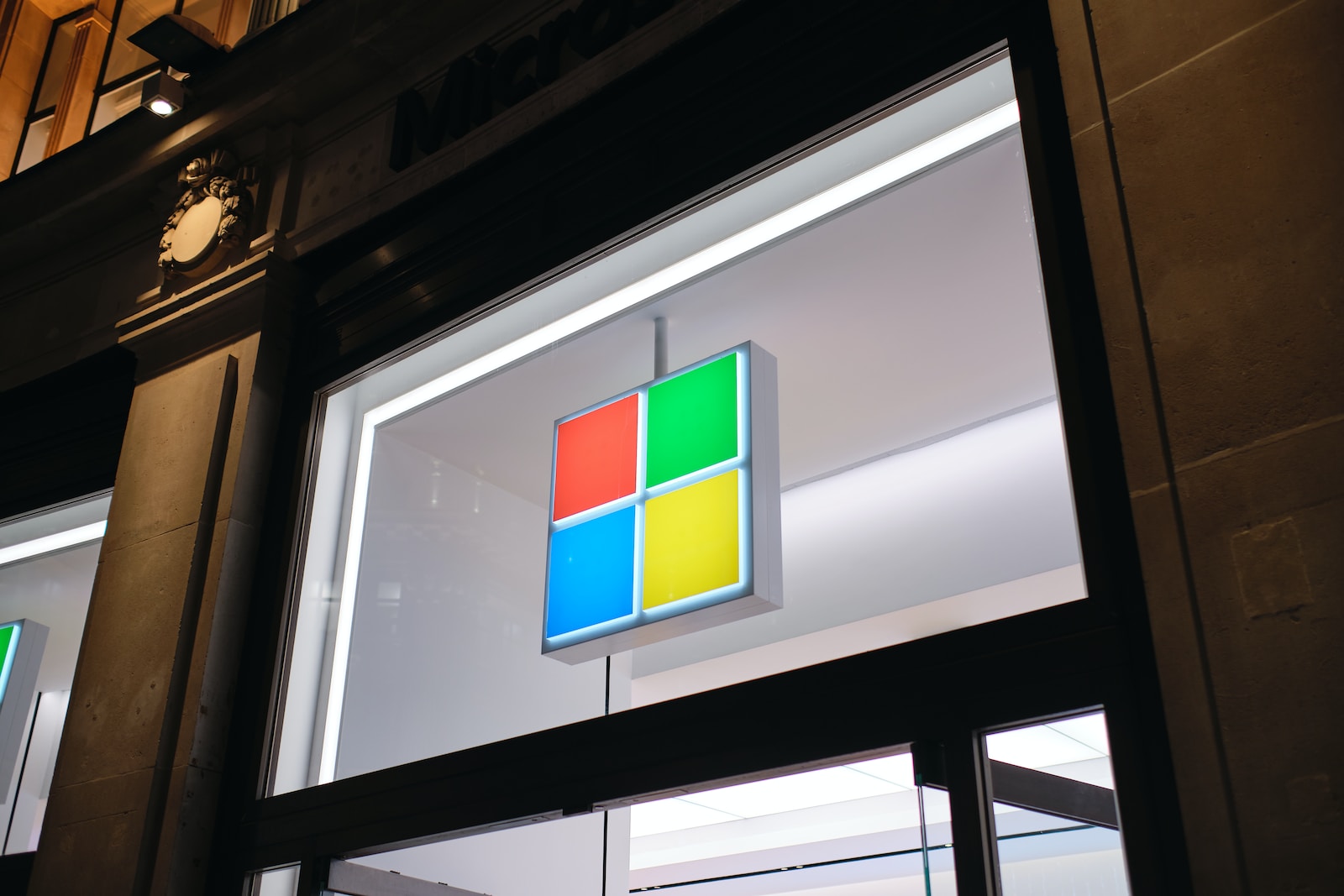
Photo by Turag Photography on Unsplash
FTC Wants To Block Microsoft-Activision Merger
December 7, 2023
The dust on Microsoft’s colossal purchase of video game publisher Activision Blizzard has yet to fully settle. The United States government recently stated that the green light given to this acquisition by a lower-court judge was unjustified. This contention arises from the belief that the judge may have placed excessive trust in Microsoft’s future assurances about the much-loved first-person shooter game, “Call of Duty.”
The merger, valued at a staggering $69 billion and ranking among the largest tech acquisitions of all time, has held the industry’s rapt attention. Its potential repercussions on emerging gaming technologies, especially the burgeoning cloud streaming market that lets players jump into a game immediately without the need for downloads, are being keenly monitored.
The Federal Trade Commission (FTC) contends that District Judge Jacqueline Scott Corley overstepped her jurisdiction when she decided in July that the last-minute agreements Microsoft entered into with other gaming giants, such as Nintendo and Nvidia, over “Call of Duty” would mitigate concerns about the deal’s competitive nature. The FTC’s repeated attempts to halt the merger through legal action in both its in-house administrative court and the U.S. district court have seen limited success. This has led to doubts about the FTC’s assertive stance toward mergers under Chairperson Lina Khan.
The FTC’s stand in the Ninth Circuit U.S. Court of Appeals panel mirrors its steadfast effort to prevent a merger already approved by the European Union and the United Kingdom. The deal, which closed in October, was only successful after Microsoft proposed numerous deals and compacts to alleviate fears that the merger could harm competition and adversely impact gamers.
Regulatory bodies have voiced concerns that Microsoft’s acquisition of popular Activision games such as “Call of Duty” and “World of Warcraft” would enable it to monopolize the video game publisher space. This monopoly could potentially limit the availability of these games on rival consoles or cloud streaming platforms.
In an effort to assuage regulators, Microsoft has proposed extended contracts to its competitors. These contracts ensure that post-merger, “Call of Duty” will continue to be accessible on their platforms. These provisions have resulted in “Call of Duty” becoming available on rival cloud streaming services like Nvidia for the first time. In further negotiations with UK antitrust officials, Microsoft revised the deal by transferring Activision’s cloud gaming rights to Ubisoft, another industry publishing heavyweight.
However, the FTC maintained on Wednesday that these agreements would still grant Microsoft a monopoly over Activision’s content in other aspects, such as video game subscription services. They argue that while some gamers might benefit, this doesn’t necessarily equate to a pro-competitive move.
Questions remain over whether the last-minute licensing agreements offered by Microsoft in response to regulatory scrutiny have warped the economic landscape in ways that the FTC hasn’t fully reviewed but now has to accept. There is a sense of unease about the validity of the court’s reliance on contracts entered into after the FTC complaint was filed and the impacts of Microsoft’s subsequent actions.
Recent News
Indeed Announces 1,000 Workers Will Be Laid Off
The job search engine is experiencing some layoffs of its own.
Walmart To Lay off Hundreds of Corporate Staff Members
Walmart is set to lay off hundreds of its corporate staff members. The retail giant will also ask their remote workers to return to the office on a hybrid schedule.
Diamond Industry Shakeup: Anglo Divorces De Beers
The diamond industry is facing a seismic shift as Anglo American Plc announces plans to part ways with its iconic De Beers business.
Home Depot’s First-Quarter Revenue Disappoints
Home Depot, a major player in the home improvement retail sector, recently released its fiscal first-quarter earnings, revealing a complex picture of consumer behavior influenced by economic factors. While the company’s earnings per share exceeded expectations, its revenue fell short, indicating a trend of deferred spending among customers.


